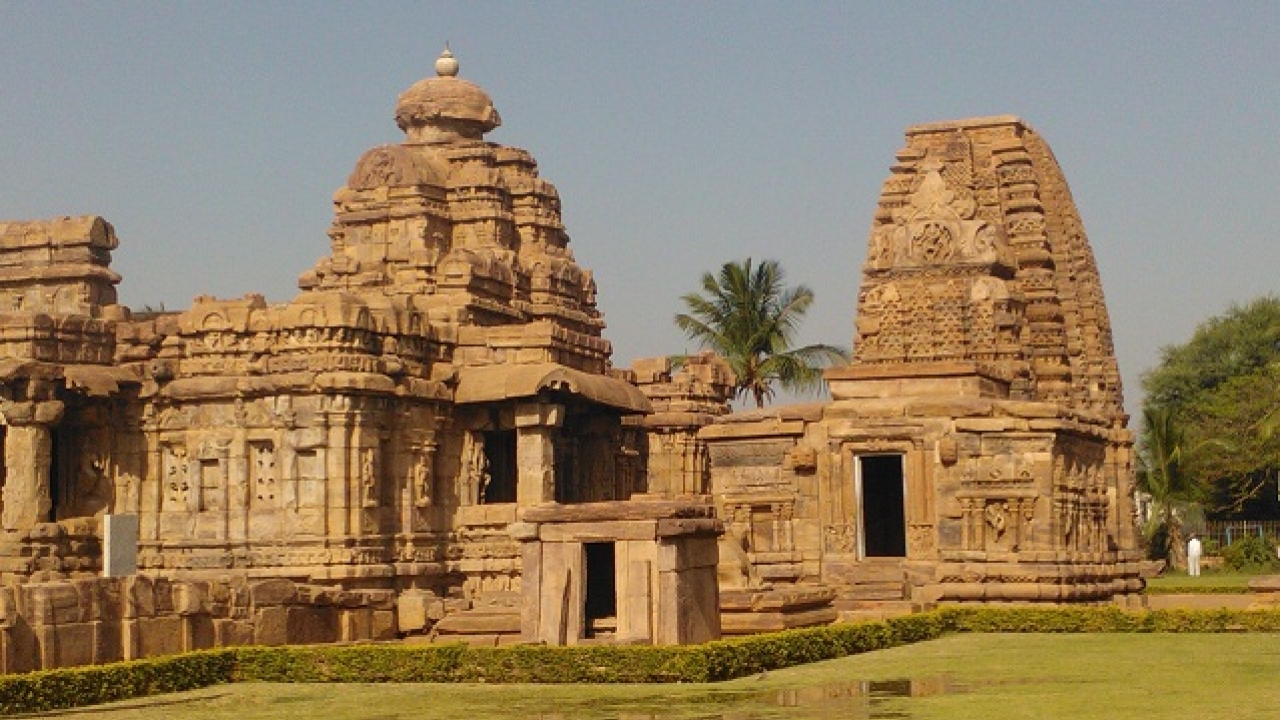The Ancient Monuments and Archaeological Sites and Remains (Amendment) Bill could not be taken up for discussion in the Rajya Sabha on Monday as the opposition members protested and demanded it to be sent to a select committee. Soon after the Bill was introduced by Minister of State for Culture Mahesh Sharma, Leader of Opposition Ghulam Nabi Azad suggested that it should be referred to a select committee.
“Since this Bill has not gone to the standing committee for scrutiny, it should be referred to a select committee. It is an important Bill because it has cultural, historical, educational and economic ramifications for the present and future generations,” he said.
The demand was supported by Samajwadi Party (SP), the Left parties, the DMK, the RJD and others. “There has been a convention to refer the bills to the standing committees but it is not being followed. The Congress’ demand is valid and it should be sent to a select committee,” SP member Ram Gopal Yadav said.
Minister of State for Parliamentary Affairs Vijay Goel urged the agitating members to allow the discussion for the passage of the Bill but he was not heard by the opposition.
Citing urgent reasons for the passage of the Bill, Sharma also urged the members to pass it at the earliest but the opposition members did not relent and favoured the Bill to be referred to a select committee. The Chairman also took sense of the House and asked the Parliamentary Affairs Minister to discuss the issue with all the political parties and come back to the House.
The Ancient Monuments and Archaeological Sites and Remains (Amendment) Bill was introduced in the Lok Sabha on July 18, 2017 by Mahesh Sharma and was passed by the Lower House in January. Since then it is pending in the Rajya Sabha.
Read Also, PM inaugurates new Headquarters of Archaeological Survey of India in New Delhi
The Bill amends the Ancient Monuments and Archaeological Sites and Remains Act, 1958. The Act defines a ‘prohibited area’ as an area of 100 meters around a protected monument or area. The Central government can extend the prohibited area beyond 100 meters.
The Act does not permit construction in such prohibited areas, except under certain conditions. It also does not allow construction in ‘prohibited areas’ even if it is for public purposes. The Bill amends this provision to permit construction of public works in ‘prohibited areas’ for public purposes.


